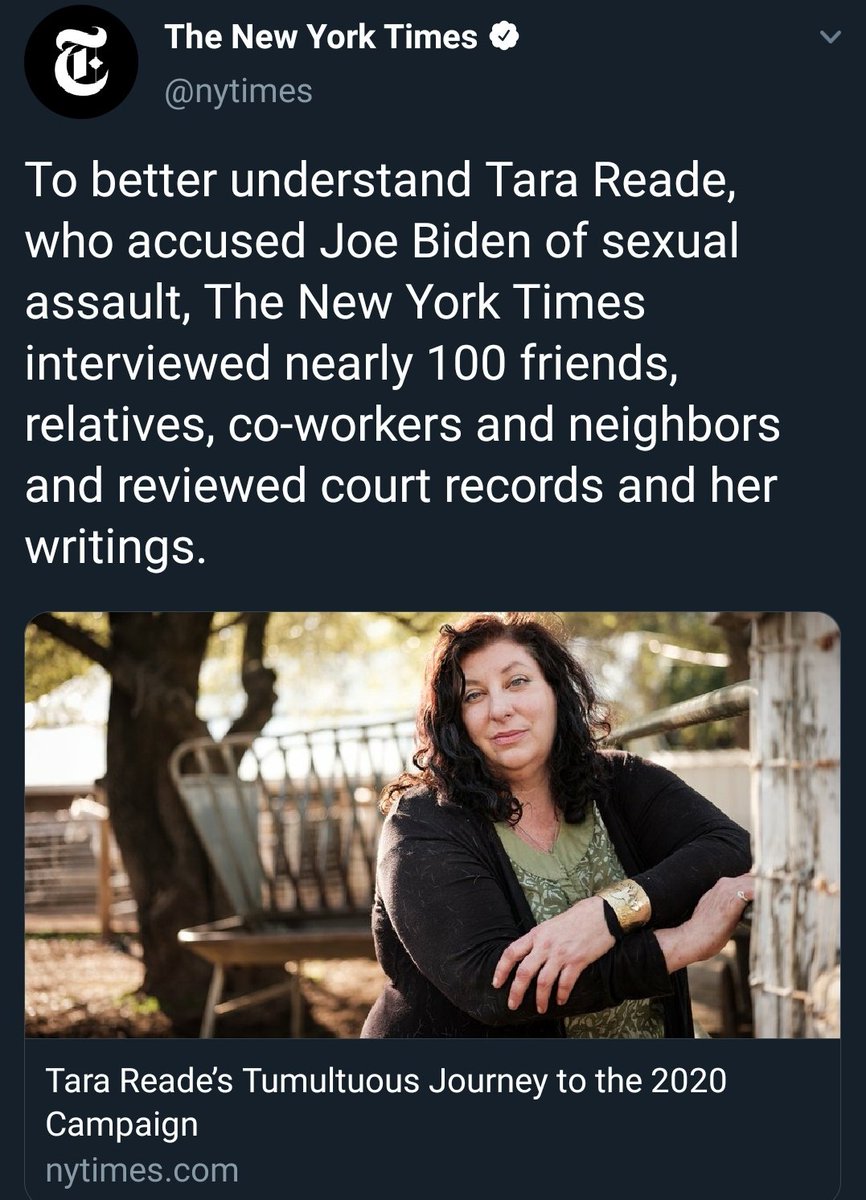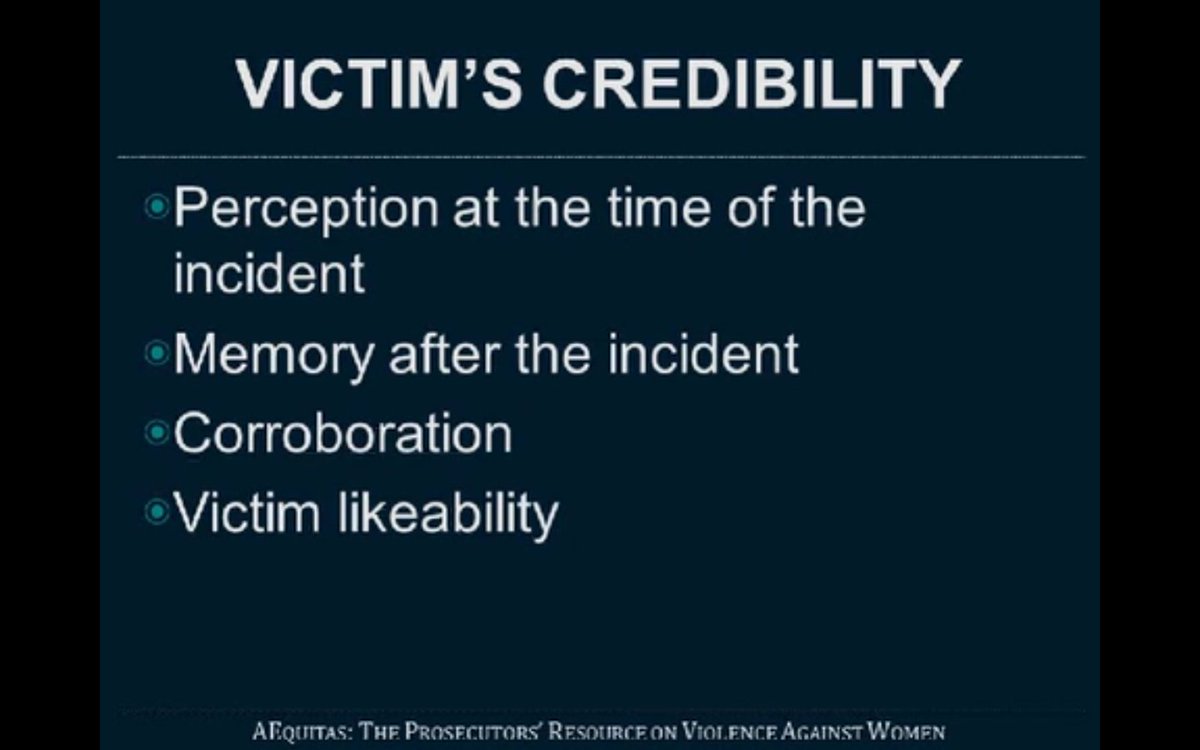Okay this is really loaded for many reasons.
It& #39;s incredibly stigmatizing to call someone& #39;s live messy. It already makes a judgment. And I want to know, messy by whose standards? What is a non-messy life? Is that even possible?
It& #39;s incredibly stigmatizing to call someone& #39;s live messy. It already makes a judgment. And I want to know, messy by whose standards? What is a non-messy life? Is that even possible?
Why do we need to "understand" someone?
Does this mean we should only believe the rape victims people can understand?
Does this mean we should only believe the rape victims people can understand?
Can a news outlet "understand" someone?
How can we tell if they did it?
Can we understand someone through 100 different biases, experiences, interpretations, and motivations, who which are then filtered by NYT reporters & editors who also have their own?
How can we tell if they did it?
Can we understand someone through 100 different biases, experiences, interpretations, and motivations, who which are then filtered by NYT reporters & editors who also have their own?
How did the NYT decide what made the cut?
Can we tell whether a victim was raped by talking to people in their past?
How knowledgeable are those people about trauma?
What training did the journalists and editors receive on properly covering sexual violence?
Can we tell whether a victim was raped by talking to people in their past?
How knowledgeable are those people about trauma?
What training did the journalists and editors receive on properly covering sexual violence?
Those interviews don& #39;t tell us whether she was raped. So what& #39;s the purpose of the piece? Do we gain anything?
What messages does the audience receive? That it& #39;s perfectly okay to dig into someone& #39;s past to assess whether they& #39;ve been raped, despite.
What messages does the audience receive? That it& #39;s perfectly okay to dig into someone& #39;s past to assess whether they& #39;ve been raped, despite.
Are we more educated on accurate, research-based methods for sexual assault investigation?
Or do we just learn more details about one women when there are millions of rape victims out there? Does this help or harm the millions?
Or do we just learn more details about one women when there are millions of rape victims out there? Does this help or harm the millions?
Many rapists target victims with a history of childhood trauma, financial issues, and overall less power.
What message does this send to rapists? It says target someone with a "messy" past. The messy rape victim is less likely to report and more likely to endure retaliation.
What message does this send to rapists? It says target someone with a "messy" past. The messy rape victim is less likely to report and more likely to endure retaliation.
If this is all about Tara Reade& #39;s credibility, why is it necessary? Credibility is a social construct that is largely dependent on factors outside a victim& #39;s control.
Credibility is NOT provability. They are two different things.
Rapists want you to think that they& #39;re the same.
Credibility is NOT provability. They are two different things.
Rapists want you to think that they& #39;re the same.
As you see in this slide from AEQUITAS, victim likeability is a part of credibility.
That is (1) out of the victim& #39;s control; (2) inherently discriminatory against victims who aren& #39;t white, cis, thin, affluent.
Credibility is largely out of a victim& #39;s control.
That is (1) out of the victim& #39;s control; (2) inherently discriminatory against victims who aren& #39;t white, cis, thin, affluent.
Credibility is largely out of a victim& #39;s control.
oops, forgot to link source. It& #39;s from a webinar titled
"Higher Education: Dispelling Myths to More Effectively Prosecute Campus Rape"
https://aequitasresource.org/resources/ ">https://aequitasresource.org/resources...
"Higher Education: Dispelling Myths to More Effectively Prosecute Campus Rape"
https://aequitasresource.org/resources/ ">https://aequitasresource.org/resources...

 Read on Twitter
Read on Twitter



